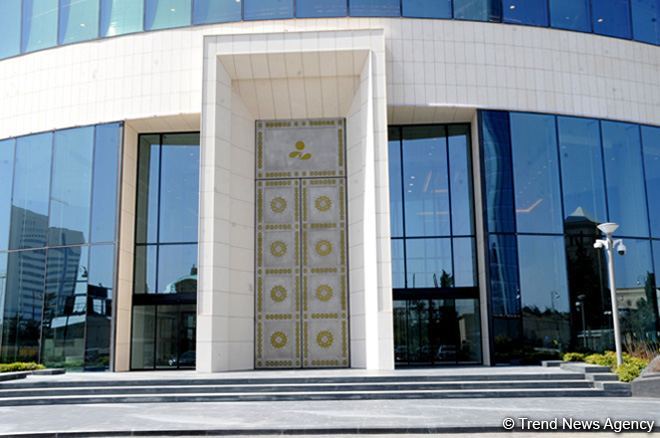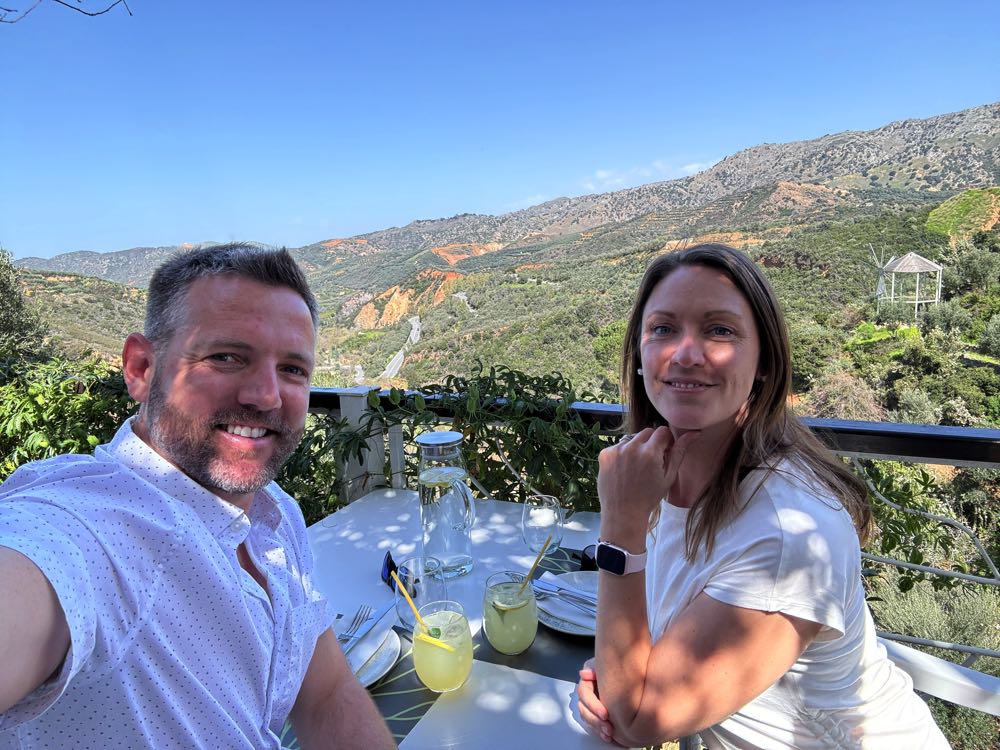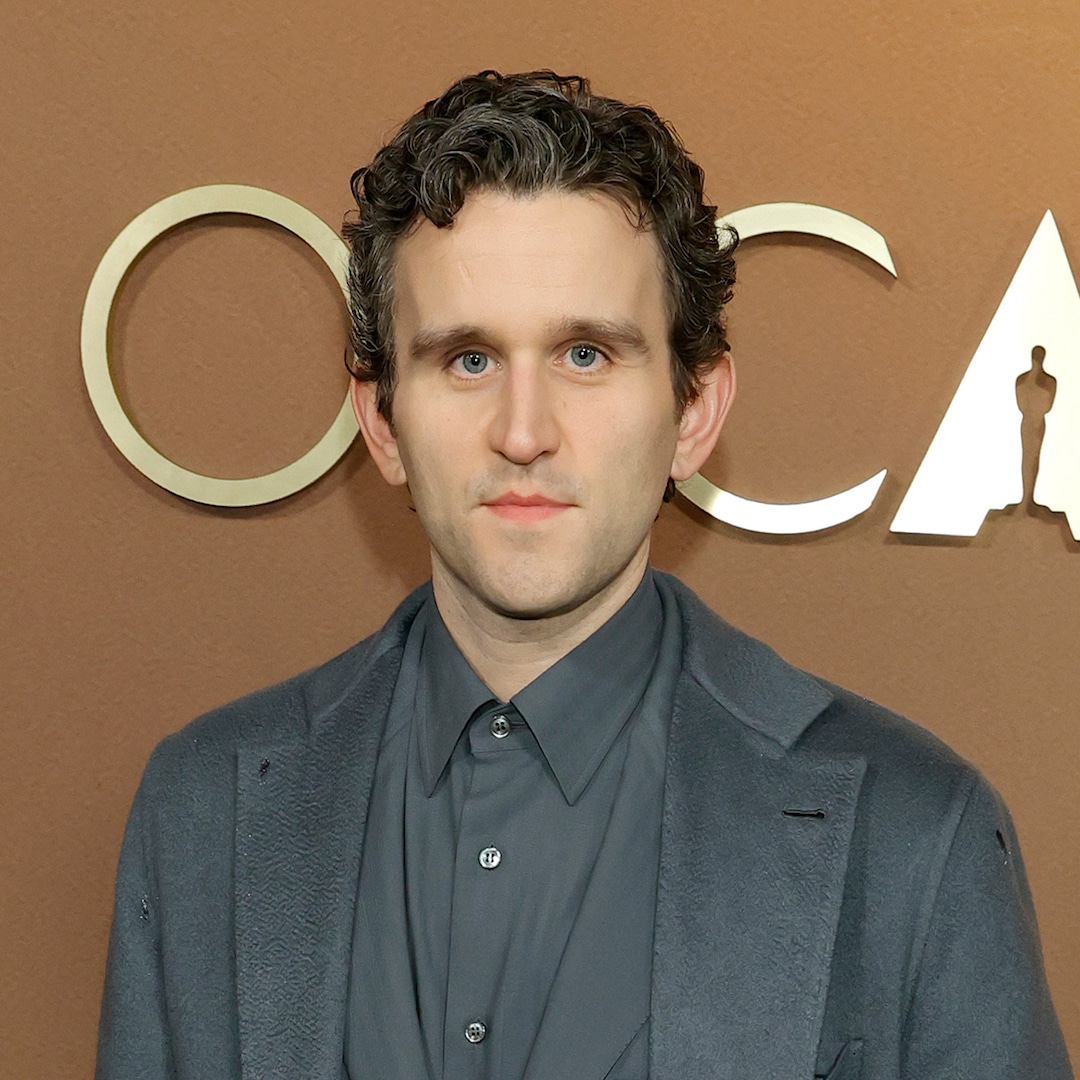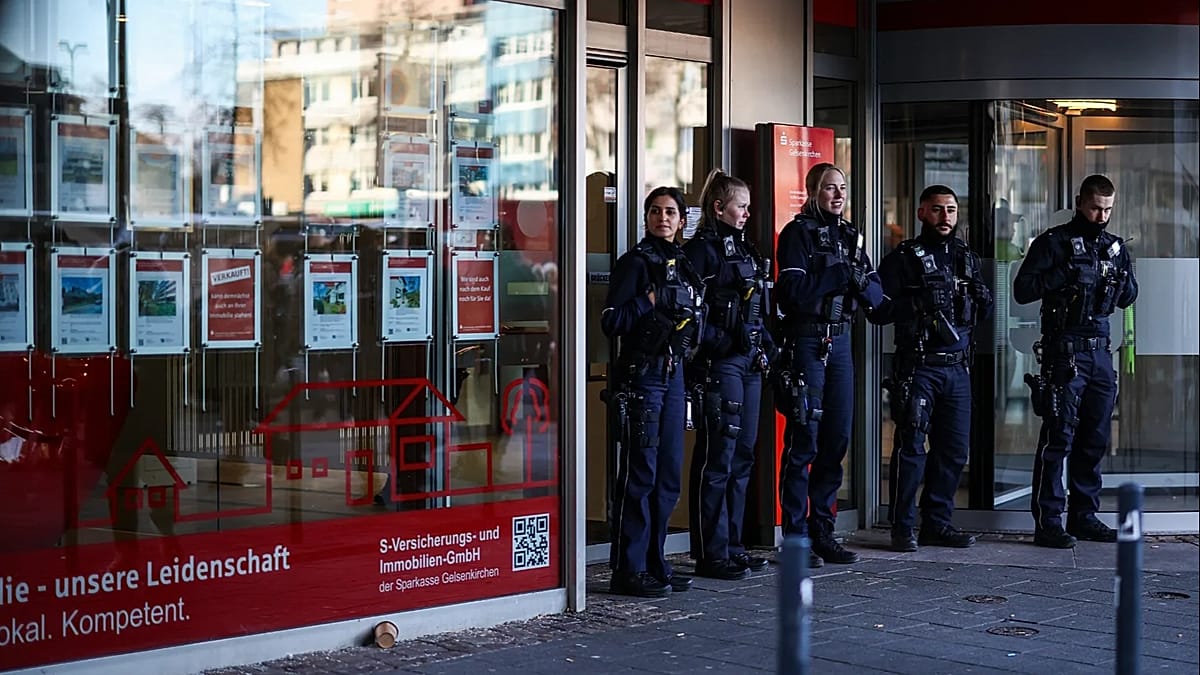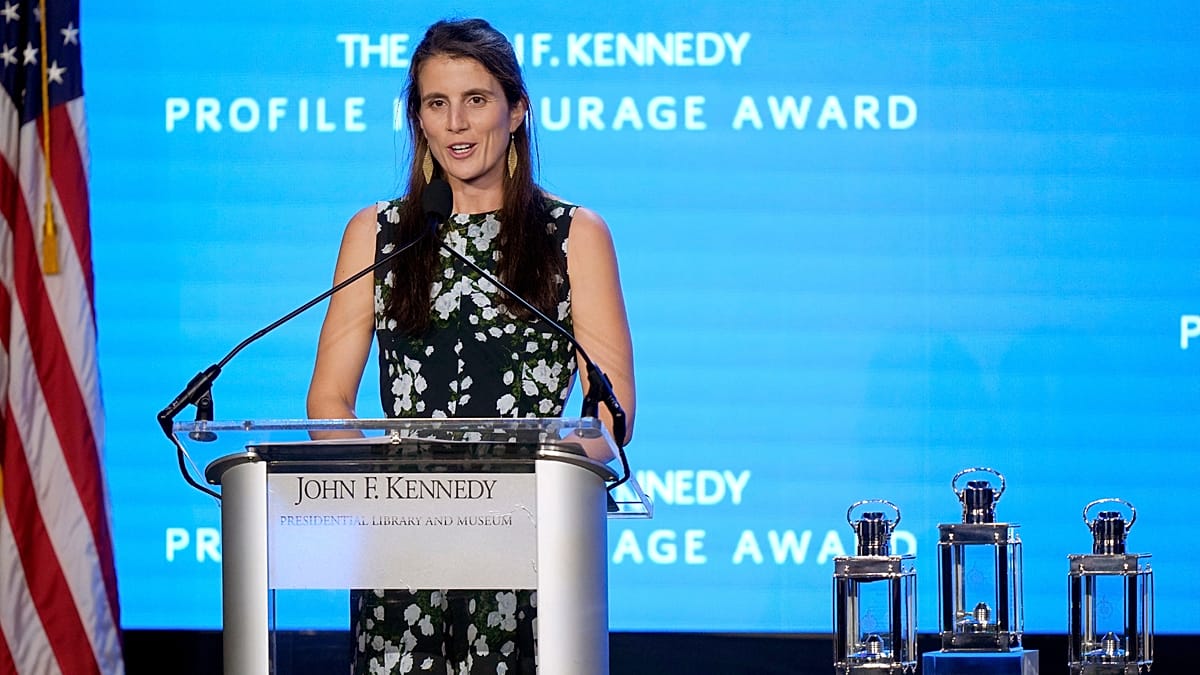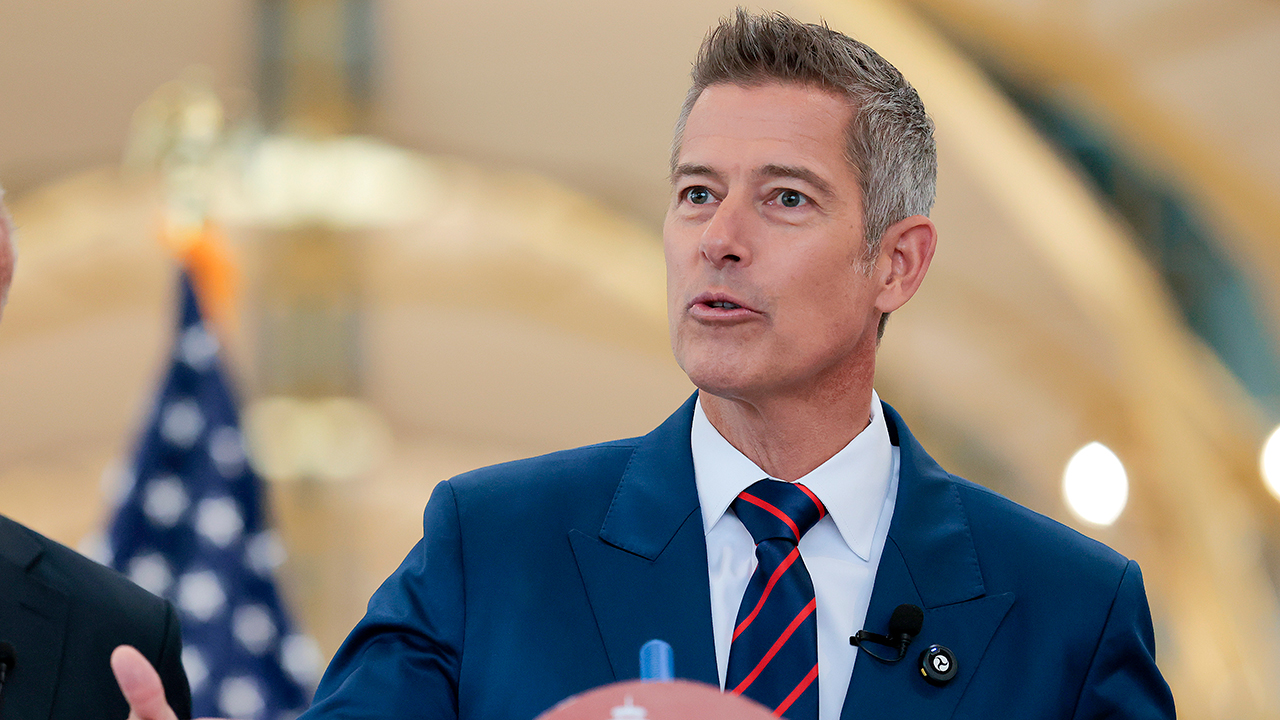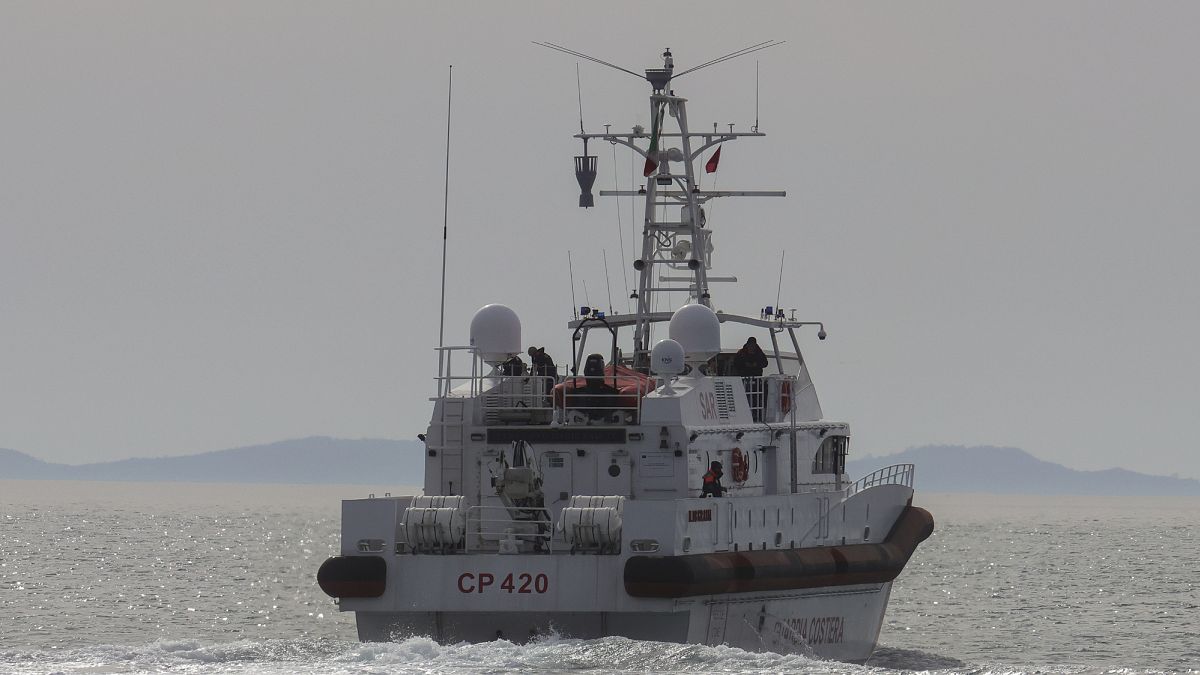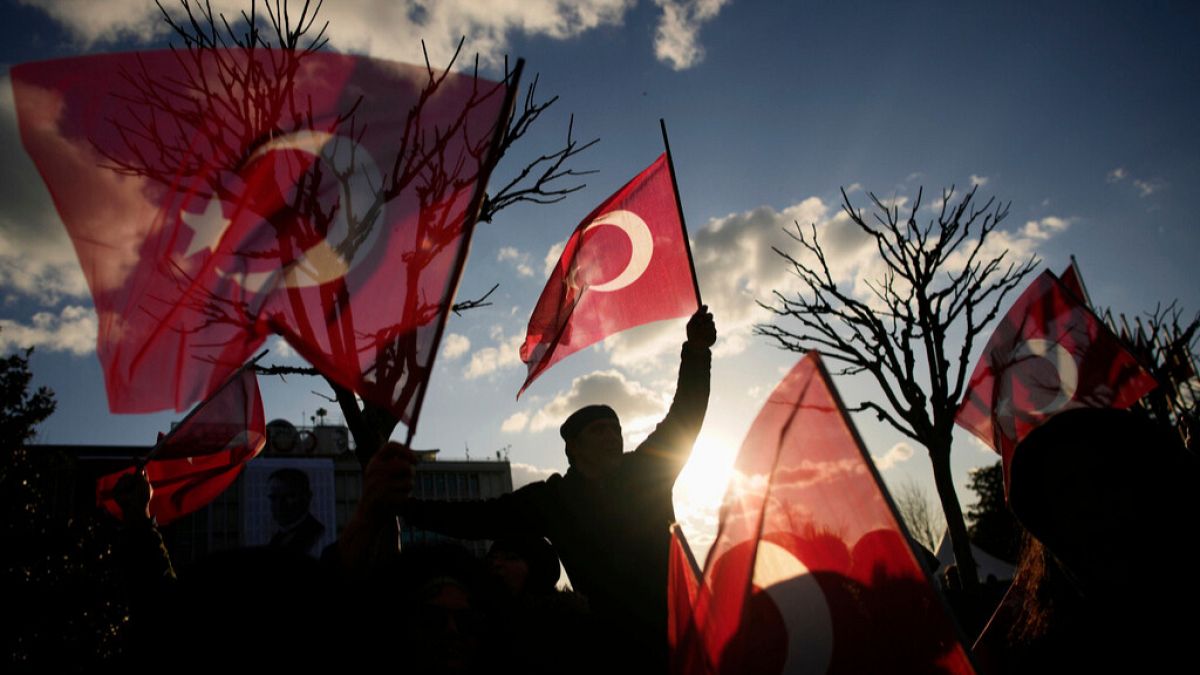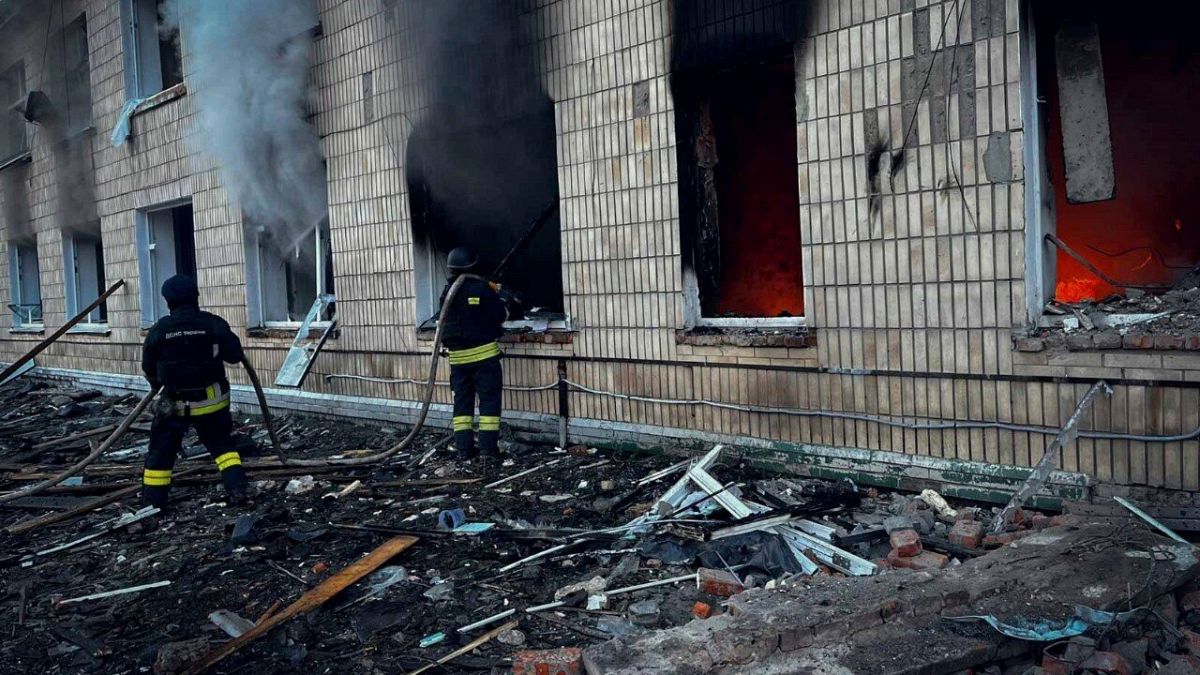Academic cooperation or complicity? European universities push for action against Israel

While EU member states can’t agree on sanctions on Israeli research funding, many European universities have taken action into their own hands and severed ties.
The split has created a patchwork of academic boycotts, suspensions, and protests with some countries’ academic institutions calling for EU action, while others stand firmly opposed.
EU-level disagreement
The European Commission in July proposed suspending Israel’s participation in parts of Horizon Europe, the EU’s key funding programme for research and innovation.
The net EU contribution to Israeli participants through that project has been 875.9 million Euro since 2021, according to the European Commission.
The proposed suspension would affect Israeli involvement in the Accelerator of the European Innovation Council (EIC), which is a part of Horizon Europe and provides funding for start-ups and small businesses developing dual-use technologies such as cybersecurity, drones, and artificial intelligence.
It came about following a report by the European External Action Service (EEAS) which concluded that Israel’s actions in Gaza violate the principle of respect for human rights – a condition embedded in the EU-Israel Association Agreement that underpins their political and economic relations since 2000.
Over 62,000 people have been killed in Gaza since October 7, 2023, according to the Hamas-run health ministry. Last Friday, the UN-backed Integrated Food Security Phase Classification (IPC) declared a famine in Gaza Governorate, an administrative region which includes Gaza City.
However, the proposal was not backed by enough member states to pass and a return to discussions is expected following the summer break. Germany’s stance is key as it’s currently not in favour of sanctions on Israel and to pass it needs a qualified majority.
Grassroots pressure on universities
Croatia is another country that did not support the motion.
Many in the country’s academic circles are quite critical of the decision. A group of scientists, researchers, academic workers, and students in July 2024 formed the Initiative for Academy of Solidarity and Epistemic Justice (IzASEP) in order to “express solidarity with the victims of genocide in Gaza”.
The initiative has identified at least 40 collaborative scientific research projects between Croatian and Israeli institutions, funded through the Horizon Europe and Erasmus programmes.
The initiative demands an immediate end to such collaborations. They call for an academic boycott of collaboration with Israeli institutions and universities due to what they describe as “their connections to the military-security sector in Israel and the policy of occupation and genocide in Gaza”.
The initiative is collecting signatures from the academic community in Croatia for a letter expressing solidarity with Gaza, and by the beginning of August, more than 700 signatures had been collected.
In mid-August, the University of Ljubljana in Slovenia called on the European Commission to suspend Israeli participation in Horizon Europe. The university also decided to refrain from joining projects that involve Israeli universities and organisations.
This decision followed an appeal in July by more than 200 professors and staff members, supported by their trade union, who urged the rector to demand Israel’s exclusion from EU funding programmes.
Later in the month, Klavdija Kutnar, the head of the University of Primorska in southwest Slovenia, announced that the school would not enter into new projects with Israel once its only existing collaboration concludes at the end of the year. The country’s third major university, the University of Maribor, currently has no joint projects with Israel.
Belgian universities are also pressing for action. The Flemish Interuniversity Council (VLIR), representing Flemish rectors, dismissed the Commission’s proposal as “symbolic” and, along with its French-speaking counterpart CRef, called for suspension of the entire EU-Israel Association Agreement over “massive and objectively documented” human rights violations.
Student activism has played a key role. In 2023, occupations and protests at Belgian universities pushed several institutions to suspend cooperation with Israeli partners, though some projects remain.
For many students and academics, Israel’s place in European research has become a test of the bloc’s commitment to human rights. For others, cutting academic ties risks undermining the principle of scientific cooperation.
The tensions were in the spotlight again when Université Libre de Bruxelles’ 2025 law graduate class chose to name their class after French-Palestinian MEP Rima Hassan. It’s a symbolic tradition that each student votes on. The move drew criticism and French public figures penned an open letter denouncing the choice of the left-wing politician and accusing her of being a defender of Hamas. The decision on the name was approved by ULB on Thursday after a meeting between professors, researchers, administrative and technical staff, students and authorities.
Several Italian universities – including the University of Pisa, the Scuola Normale Superiore of Pisa, the University of Milan, the University of Turin, the University of Cagliari, the University of Palermo, and the University of Florence – have suspended, interrupted, or reduced collaborations with Israeli institutions.
Spain has also seen coordinated action. The Spanish Universities Council, which represents 76 universities nationwide, announced in May 2024 that it would review all agreements with Israeli institutions. Partnerships would be suspended if Israeli counterparts were deemed not to uphold international humanitarian law or to show a commitment to peace.
Divided continent
Not all of Europe is following this path. In the Czech Republic, universities have not announced any suspensions or boycotts, and the government remains firmly opposed to EU-level sanctions.
Germany, Israel’s closest ally in Europe, also resists such measures. President of the German Rectors’ Conference (HRK), Prof Dr Walter Rosenthal, said in June that to suspend Israel from Horizon would be wrong. “This would considerably weaken academia and research in Israel in its internationally recognised output as well as innovative capacity and would cause lasting damage to it as an important voice of academic reasoning in Israel that analyses, mediates and brings together different perspectives and interests.”
Hungary, too, has taken no steps toward limiting cooperation.
The divide highlights the difficulty for Brussels in forging a common position.
Critics of academic sanctions argue that they undermine the principle of academic freedom and the idea that universities should remain open spaces for collaboration beyond politics. They warn that suspending ties risks punishing individual researchers, including those who may oppose their government’s policies, rather than the state itself. Opponents also contend that maintaining scientific partnerships allows dialogue and innovation.
With Horizon Europe money still flowing to Israel, it remains to be seen if there will be action at an EU level.
This article is an enr Key Story. The content is based on news by agencies participating in the enr.
Editors note: The article has been updated to clarify that the IzASEP initiative is collecting signatures to express solidarity with Gaza not solidarity with the Croatian academic community as was earlier stated.

